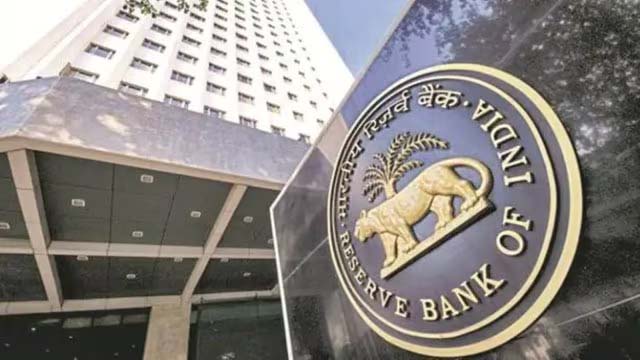Mumbai June 8 : The Reserve Bank of India has proposed to set up a Digital Payments Intelligence Platform which will harness advanced technologies to mitigate payment fraud risks.
To take this initiative forward, the RBI has constituted a committee, under the Chairmanship of A.P. Hota, former MD & CEO, NPCI, to examine various aspects of setting up a digital public infrastructure for the platform. The committee is expected to give its recommendations within two months.
Domestic payment frauds jumped by 70.64 per cent to Rs 2,604 crore during the six-month period ended March 2024 from Rs 1,526 crore in the same period of last year. The volume of frauds also rose to 15.51 lakh during the March 2024 period from 11.5 lakh in the previous six-month period, RBI data shows
“The regulatory measures like setting up of digital payments intelligence platform will harness advanced technologies to mitigate fraud risks,” said SBI Chairman Dinesh Khara.
Bulk deposits limit raised: The Reserve Bank has proposed to revise the definition of bulk deposits as ‘single rupee term deposits of Rs 3 crore and above’ from the current limit of Rs 2 crore and above for commercial banks (excluding RRBs) and small finance banks. It has also proposed to define the bulk deposit limit for local area banks as ‘single rupee term deposits of Rs one crore and above’ as applicable in the case of regional rural banks (RRBs).
Banks have discretion to offer differential rate of interest on the bulk deposits as per their requirements and Asset-Liability Management (ALM) projections. The bulk deposits limit was enhanced to Rs 2 crore in the year 2019.
Automatic e-mandate: Under the e-mandate framework for recurring transactions, the RBI has decided to introduce an automatic replenishment facility for such payments. The automatic replenishment will be triggered when the balance in Fastag or NCMC falls below a threshold amount set by the customer.
T he current e-mandate framework requires a pre-debit notification at least a 24-hours before the actual debit from customer’s account. It has proposed to exempt this requirement for payments made from customer’s account for automatic replenishment of balances in Fastag or NCMC under the e-mandate framework.
UPI Lite e-mandate: The RBI has decided to bring UPI Lite within the ambit of the e-mandate framework by introducing an auto-replenishment facility for loading the UPI Lite wallet by the customer, if the balance goes below a threshold amount set by him/her. The UPI Lite facility currently allows a customer to load his UPI Lite wallet up to Rs 2000 and make payments up to Rs 500 from the wallet.
“Since the funds remain with the customer (funds move from his/her account to wallet), the requirement of additional authentication or pre-debit notification is proposed to be dispensed with,” the RBI said.
Export, import norms to be revised: The Reserve Bank has decided to rationalise existing guidelines on export and import of goods and services in line with the changing dynamics of cross-border trade transactions globally. The proposed rationalisation aims to simplifying operational procedures thereby promoting ease of doing business for all the stakeholders. (Agencies)


